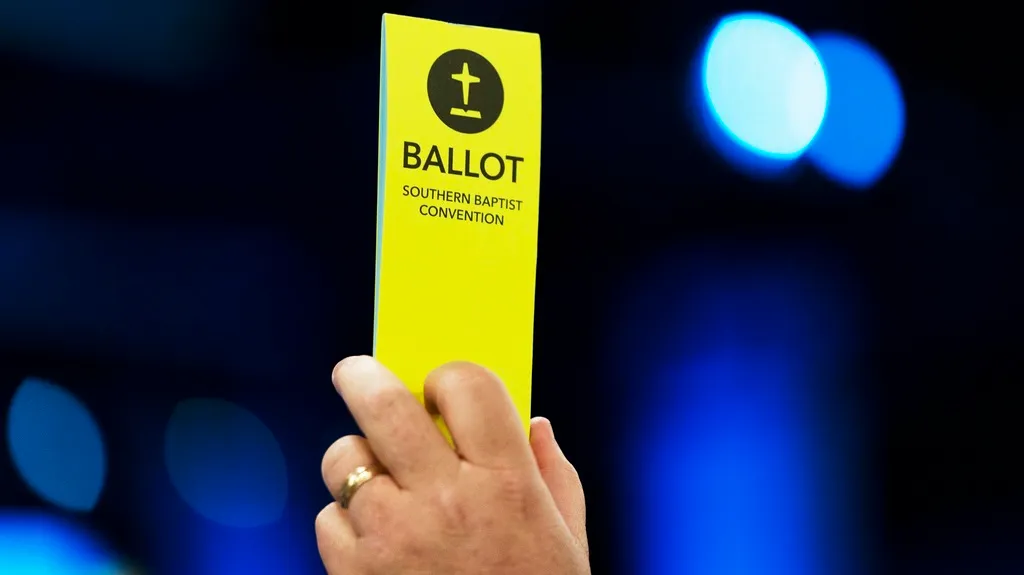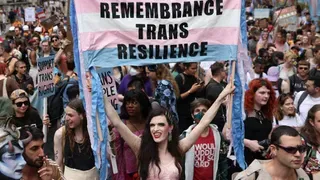April 4, 2012
Federal Appeals Court Hears DOMA Case
Michael K. Lavers READ TIME: 3 MIN.
BOSTON -- A lawyer for gay married couples argued Wednesday that a law that denies them a host of federal benefits given to heterosexual couples amounts to "across-the-board disrespect" and should be struck down as unconstitutional.
The 1996 federal Defense of Marriage Act, which defines marriage as a union between a man and a woman, is being challenged in two cases before the 1st U.S. Circuit Court of Appeals. The law also prevents the federal government from recognizing same-sex marriages.
In arguments to the court, Paul Clement, a lawyer for the Bipartisan Legal Advisory Group, defended the law, saying Congress had a rational basis for passing the law known as DOMA in 1996, when it appeared Hawaii would become the first state in the nation to legalize gay marriage and opponents worried that other states would be forced to recognize such marriages.
Clement said Congress wanted to preserve a traditional and uniform definition of marriage. He also argued that Congress has the power to define the terms used in federal statutes to distribute federal benefits.
"This is not in any way an effort to override the states' own definition" of marriage, Clement said.
But lawyers who brought two lawsuits challenging DOMA argued that the power to define and regulate marriage had been left to the states for more than 200 years before Congress passed DOMA. They said the law puts same-sex couples into a separate but unequal class of marriage.
Mary Bonauto, an attorney for Gay & Lesbian Advocates & Defenders (GLAD), said Congress passed the law out of "moral disapproval."
"It is simply that, frankly, Congress just didn't want to deal with same-sex couples," said Bonauto.
"This is across-the board disrespect," she said.
Assistant Attorney General Maura Healey said the law forces Massachusetts - the first state in the country to legalize gay marriage - to have two classifications of marriage, one for heterosexual couples and one for gay couples.
"DOMA .... is really a rule of exclusion," she said.
A federal judge in Massachusetts declared the heart of the law unconstitutional in 2010 after state Attorney General Martha Coakley and GLAD challenged the law in separate lawsuits. Judge Joseph Tauro found that the law is unconstitutional because it interferes with the right of a state to define marriage and denies married gay couples federal benefits given to heterosexual married couples, including the ability to file joint tax returns.
Mary and Dorene Bowe-Shulman, of Acton, plaintiffs in the GLAD lawsuit, said they resent having to check the "single" box on their tax returns. They've been legally married in Massachusetts since 2004.
"It's humiliating to have to declare to the federal government once a year that we're not married when we are married," Mary Bowe-Shulman said.
Since DOMA was passed in 1996, many states have instituted their own bans on gay marriage, while eight states have approved it: Connecticut, New York, Iowa, Massachusetts, New Hampshire, Vermont, Maryland, Washington state and the District of Columbia. Maryland and Washington's laws are not yet in effect and may be subject to referendums.
Last year, President Barack Obama announced the U.S. Department of Justice would no longer defend the constitutionality of the law. After that, House Speaker John Boehner convened the Bipartisan Legal Advisory Group to defend it.
The 1st Circuit court is expected to issue its ruling within the next few months.
Based in Washington, D.C., Michael K. Lavers has appeared in the New York Times, BBC, WNYC, Huffington Post, Village Voice, Advocate and other mainstream and LGBT media outlets. He is an unapologetic political junkie who thoroughly enjoys living inside the Beltway.




